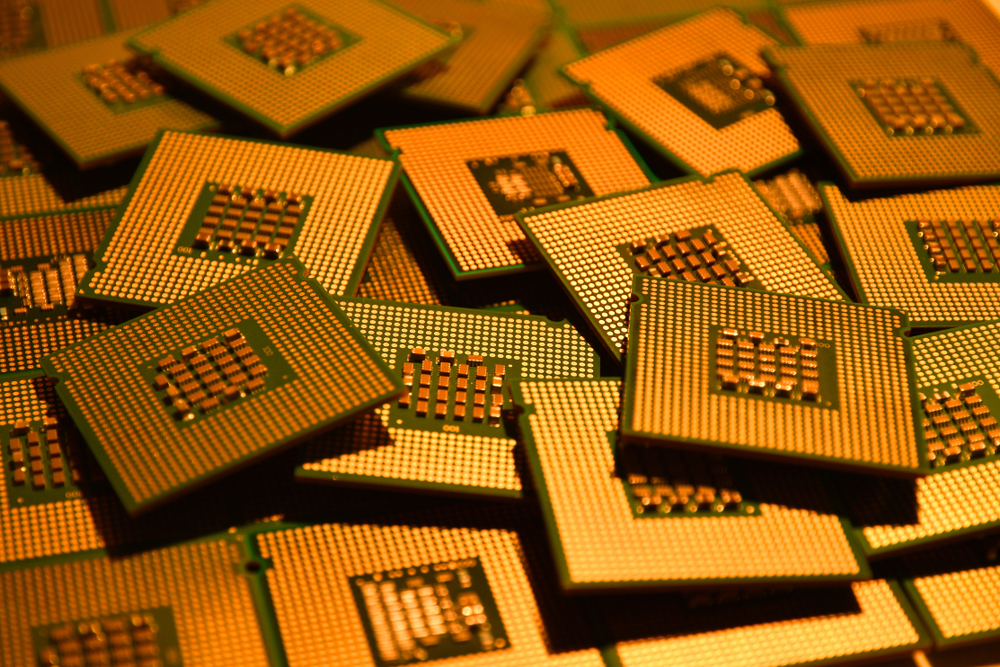Intel Shortages Could Last Until 2023 as TSMC Reportedly Won't Make Extra Capacity
DigiTimes sources claim TSMC views itself as a "rescuer."

Although there are reports of Intel placing orders at TSMC to fabricate their chips, a DigiTimes report today points to the partnership a temporary one. According to unnamed sources, TSMC doesn't consider Intel a long-term customer and is, therefore, unlikely to build additional fabrication capacity to meet the contracts.
The sources said that TSMC sees itself more as a "rescuer" than a long-term supplier. Intel typically manufactures its own silicon for its CPUs, rather than jumping to third-parties for help. Note that TSMC does already build some chipsets and FPGAs for Intel.
Nevertheless, TSMC's 7nm capacity is already quite booked, with the likes of AMD, Nvidia and Apple taking up much of the fabrication capacity. Some capacity will free up from the falling out of the TSMC-Huawei collaboration in September, so it wouldn't come as a surprise to see Intel jumping at the opportunity.
However, TSMC isn't desperate for additional customers, and even prior to the news of delays in Intel's 7nm process, the foundry wasn't concerned about filling up the freed up capacity.
TSMC reportedly won't be creating additional capacity to meet Intel's needs, which could mean the continuation of Intel shortages continue for quite some time. Intel expects its manufacturing processes to be back on track by around 2023.
Get Tom's Hardware's best news and in-depth reviews, straight to your inbox.
Niels Broekhuijsen is a Contributing Writer for Tom's Hardware US. He reviews cases, water cooling and pc builds.
-
artk2219 I wonder when the heads are finally going to start to roll from Intels upper management.Reply -
2Be_or_Not2Be This is why GloFo should have stayed the course. At this point, they could possibly have been reaping a bounty as well as TSMC.Reply -
bit_user Reply
It takes a long time for the industry to shift. In the server market, the transition can be exceptionally long, especially since AMD was basically absent between Opteron and EPYC.DZIrl said:If AMD is so much better why Intel has shortages? -
bit_user Reply
https://www.tomshardware.com/news/intel-leadership-tech-team-changes-not-delayed-murthy-renduchintala-leavesartk2219 said:I wonder when the heads are finally going to start to roll from Intels upper management.
Swan hasn't been in the job too long, and inherited a lot of these problems. So, maybe he'll get a pass, for now. -
bit_user Reply
Their 7 nm also reportedly had problems. Who knows how long that would've taken to sort out, and whether it would've been competitive at the end?2Be_or_Not2Be said:This is why GloFo should have stayed the course. At this point, they could possibly have been reaping a bounty as well as TSMC.
FWIW, I wouldn't have minded seeing the US government buy a stake in them, just to help support US semiconductor manufacturing. IMO, this would've made more sense than Trump pressuring TSMC to build a US fab.
